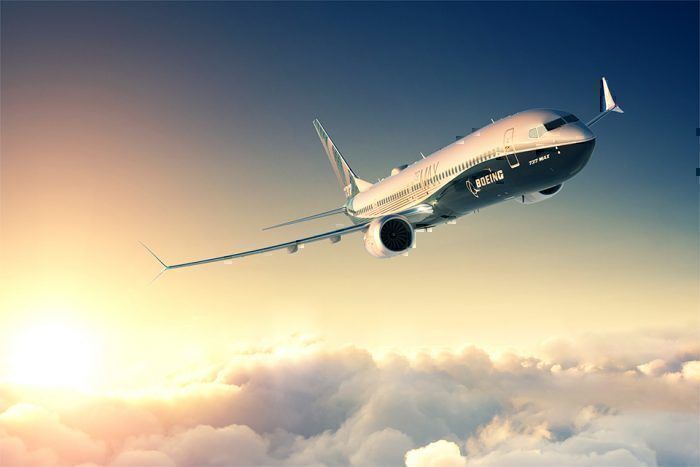Boeing CEO David Calhoun predicted in an interview aired on Tuesday that the COVID-19 crisis will claim one major US airline as its victim. However, he did not name names.
"Most likely" a major US carrier will fail
With air travel dropping by 95% across the US in the past couple of months, airlines are reporting dismal financial results for the first time in years. American Airlines, United, Southwest, and Delta have all reported substantial quarterly losses.
The next few months look to be even more painful as demand will remain at an all-time low throughout the summer season, usually the industry's most lucrative time of the year.
Aviation will most certainly look very different post-corona from what we have become accustomed to over the past years. And Boeing CEO David Calhoun believes the US' skies may lose one of its liveries for good on the other side of the crisis.
In an interview with NBC TODAY's co-anchor Savannah Guthrie, the Boeing CEO expressed the belief that the American aviation market will not be able to sustain all major US carriers going forward.
Guthrie asked Calhoun if "there might be a major US carrier that just has to go out of business?"
"Yes, most likely," Calhoun said.
"Apocalyptic moment"
He did not, however, share any information as to which airline he saw as a candidate. According to a statement from a Boeing spokesperson shared with Bloomberg, the CEO "was speaking to the general uncertainty in the sector, not about any one particular airline."
"The threat to the airline industry is grave. There's no question about it. And apocalyptic does actually accurately describe the moment," Calhoun said of the impact of coronavirus.
But he does not share the same gloomy outlook as billionaire investor Warren Buffet who recently sold his entire $4 billion stakes in US airlines.
"I don't happen to share the view. I share the near-term turmoil. Near-term for me doesn't mean a few months. I believe it's three full years before we return to the traffic levels that we had just in 2019, and then probably another two before we begin to return to the growth rates that we used to have. (...) But I still believe in the future of the industry."
Adjustments come September
Calhoun went on to say that,
"You know, something will happen when September comes around. Traffic levels will not be back to 100% then. They won't even be back to 25%. Maybe by the end of the year, we approach 50%. So there will definitely be adjustments that have to be made on the part of the airlines."
Why September? Because this is when payroll protection for employees in the aviation industry provided by the Coronavirus Aid, Relief and Economic Security Act (CARES) runs out. Together, US carriers have received over $100 million in aid only from the Payroll Support Program. Some airlines are already preparing their staff for what is to come October 1st.
Calhoun confident about the MAX
Calhoun's company is, of course, facing its own struggles with airlines canceling orders or deferring aircraft deliveries as they recalibrate their fleets for years of slow recovery. The planemaker's CEO has himself predicted that air travel demand would not fully recuperate until mid-decade, and Boeing is reducing its workforce by 10%.
As to the recertification of the manufacturer's problem child, the 737 MAX, Calhoun, who took over as CEO from Dennis Muilenburg in January this year, expressed optimism.
"I am confident in the MAX. The certification work, the FAA's work, has been as thorough as anything I've ever seen. We've worked every scenario we can possibly work into the testing programs. And it does exceedingly well."
What do you think? Will all major US carriers still be flying passengers through next year, or is Boeing's CEO right in his predictions? Let us know your thoughts in the comments.Â



